Rejecting the Anti-Social Experience: Collateral
“What makes this __ not like any other?” It’s the fundamental question that must be answered in order to justify the existence of any film. “What makes this night not like any other?” “What makes this person not like any other?” “What makes this relationship not like any other?” The best dramatists understand how to pose these questions to the audience in a compelling way, and Michael Mann finds his unique way to do exactly that with Stuart Beattie’s screenplay for Collateral.
In the earliest drafts of this film it had taken place in New York City, and it was suggested by Mann to change the location to Los Angeles. This energetically changes the movie entirely, as it creates much more loneliness on the roads for cab driver, Max (Jamie Foxx) and hitman, Vincent (Tom Cruise) to ideologically collide. The landscape of Los Angeles at night is the most important place to start discussion of this film, as it colors the entire experience Mann captures visually. The density of the populace during the day in cities like New York and Los Angeles forces you to deal with people, even if you’re not developing a familiarity or relationship with them. However at night when it’s just you and a passenger in a cab, then you’re forced to deal with one another. And that’s exactly what happens on one fateful evening.
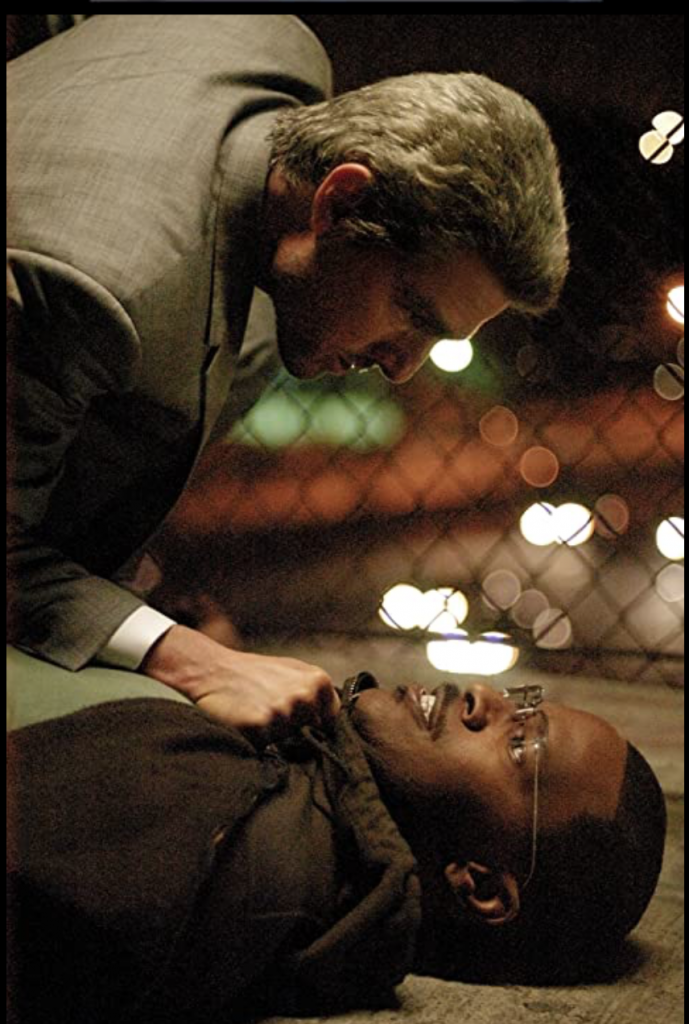
What unfolds is a night like no other, where Max must deal with a man like no other, and the two develop a bond that neither expected. The premise is dangerously close to becoming cliche, but every turn of events avoids it masterfully by focusing on the pathology behind the men, rather than employing an intricate plot. This is without a doubt Mann’s leanest film, but it doesn’t lack any of the elegance or nuances of his longer projects. The pace of the edit moves these characters along their transformations at a realistic yet momentous speed. What the script and Mann are intent on examining is how lonely urban America is. Max has been driving a cab in LA for 12 years, and while he knows how to converse it’s apparent that he’s ambivalent to establish meaningful relationships from his passengers. He’s got his own business venture to attend to, but he’s been putting it off for so long under the guise of “it has to be perfect.” What the audience is aware of, that Max isn’t, is that his fear is keeping him from pulling the proverbial trigger on it.
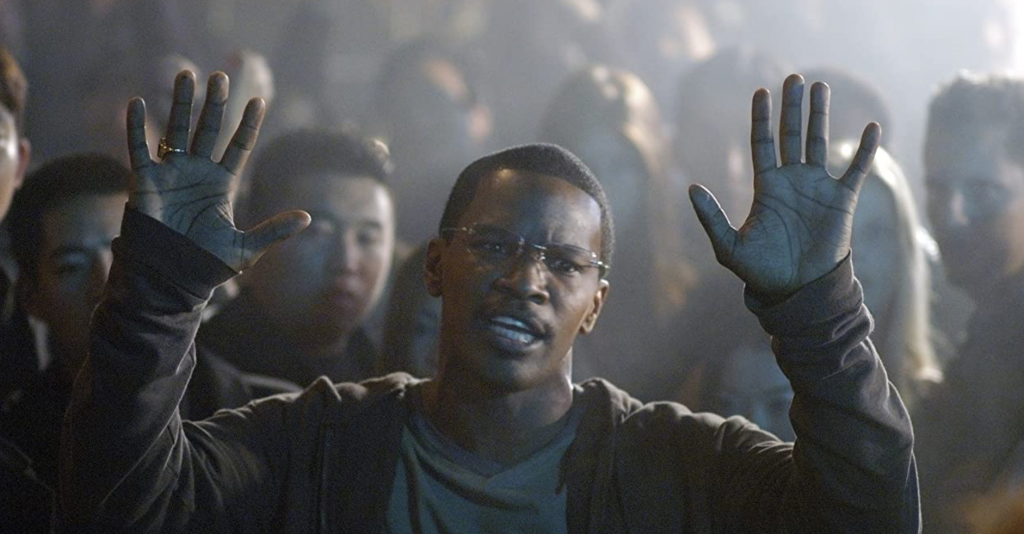
It takes a literal hitman to sit in the backseat to change all of this for Max. When Vincent’s true profession is revealed to Max, all of his internal fears and anxieties are overshadowed by the literal fear for his life. Vincent has five stops to make that night, meaning he has five lives’ he has been contracted to end. He makes it clear to Max that if he does not drive him to these stops, then Max will become the sixth. Vincent has all of the outward trappings of a “cool guy.” He talks using masculine slang, he wears a sharkskin suit and he’s constantly present with his surroundings. However, there is a subtle disconnect between Vincent’s inner monologue and his outer being. These words don’t sound like his, he wears the suit as if he wants to get out of it, and he has no real connection to the world around him. As the two spend the night on the road, they put the psychological pressure on each other, and stress-test their own beliefs about themselves and humanity.
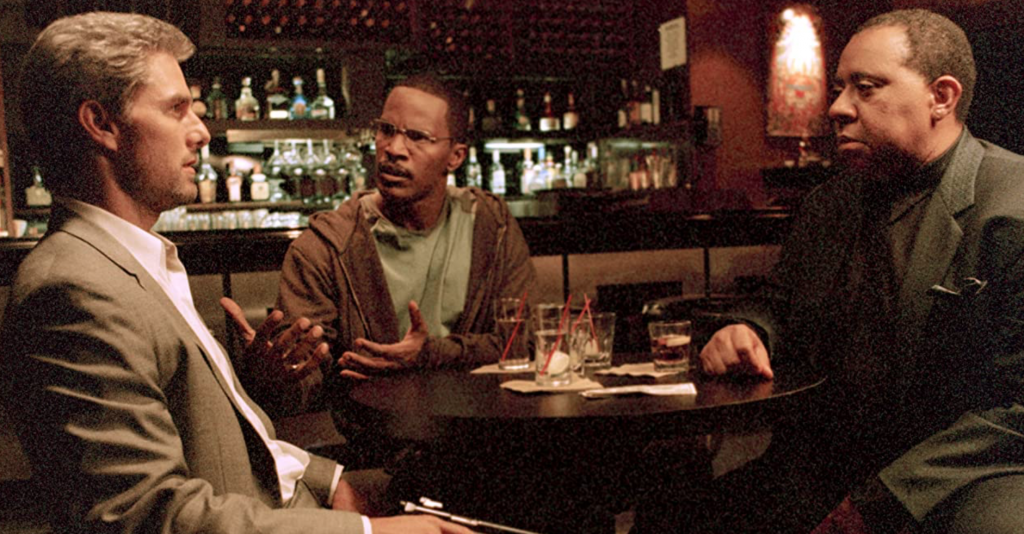
Throughout the film, the concept of a man dying on a crowded subway train and going unnoticed for hours is brought up by Vincent. He disguises this anecdote behind disdain for others’ ability to disconnect from each other, but really it is self-loathing because he too is afraid to connect. Despite the hypocrisy displayed by Vincent, he brings up an interesting point. In a city, where large concentrations of people live and commute on top of one another, the anti-social experience is practically encouraged. The fascinating dichotomy of constantly being around people is that you cease to find connection when you exist in a surplus of people. When Max knows he’ll always have a cab and people in the backseat he could talk to, and thus becomes desensitized to them as he is no longer required to appreciate their presence.
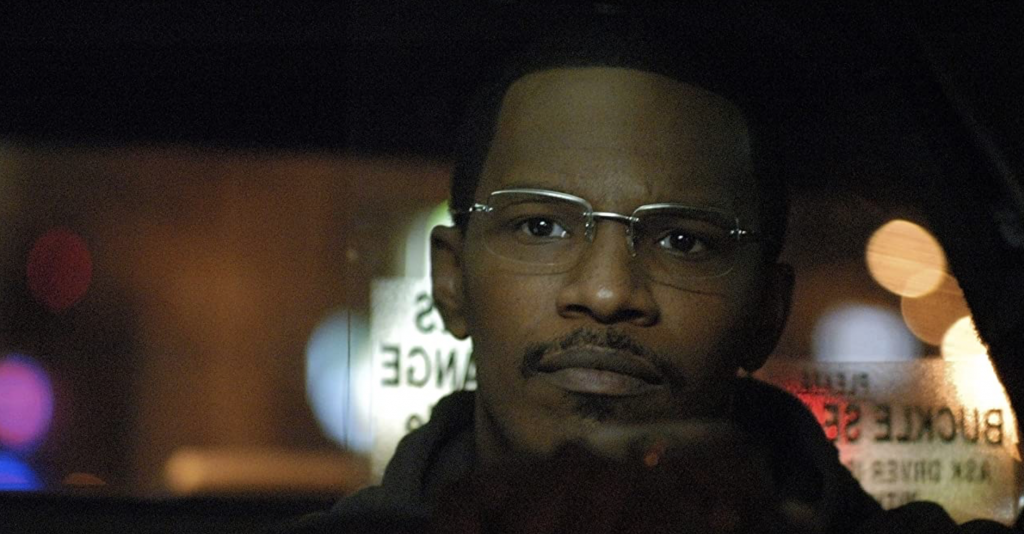
The conflict of the film is essentially a hyperbolic form of peer pressure. Max is forced at many points to talk his way out of a situation that Vincent puts him in, and he gets progressively better at this as the film goes on. Max is able to succeed out of sheer luck early on, but when his luck runs out he taps into a part of himself that has been long dormant. He becomes sociable, and the more he exercises this with Vincent, the more confident he becomes in his own ability to see people for what they are. The climax of the film is brought on when Max calls Vincent’s various bluffs. Max is the one driving, which means he has a choice of where they go. Vincent can’t shoot him without also dying, and is thus powerless from the backseat. Behind Vincent’s wordplay and philosophizing is really an empty shell of a man. He feels isolated from the world and because he cannot deal with it, he positions himself above Max all night in order to keep his loneliness at bay.
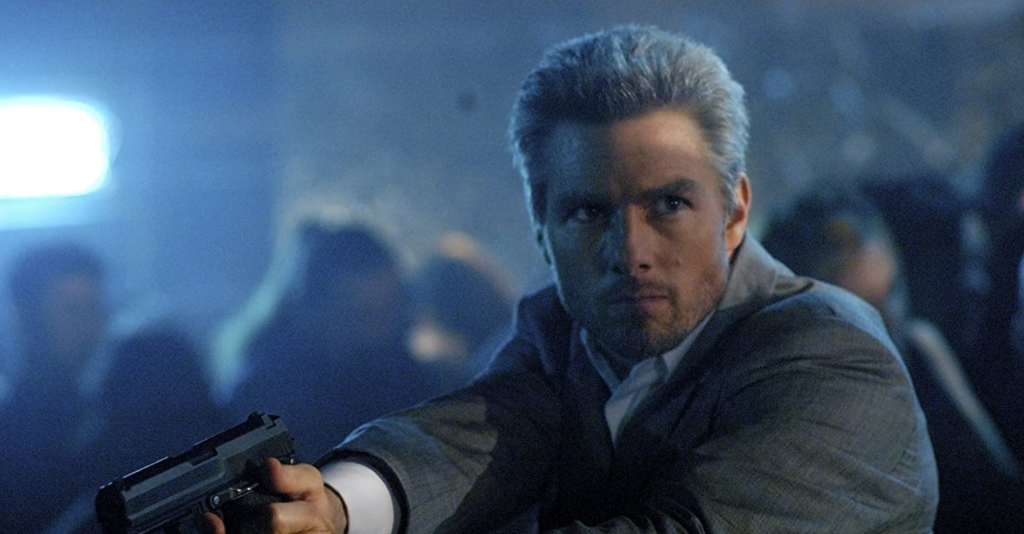
There is a lot of talk of improvisation by Vincent. Rolling with the punches when things don’t go perfectly according to his routine. When Max eventually spirals Vincent’s routine out of control, then he loses all ability to behave effectively. This is not dissimilar to the strict routines people develop in big cities. When their commute, errands, appointments or various other engagements don’t go according to plan, then it can feel as though the city is turning against you. Max ultimately succeeds because he rejects the anti-social, isolated monotony of the lifestyle Vincent feigns pride in. He improvises as opposed to Vincent’s scared rigidity.
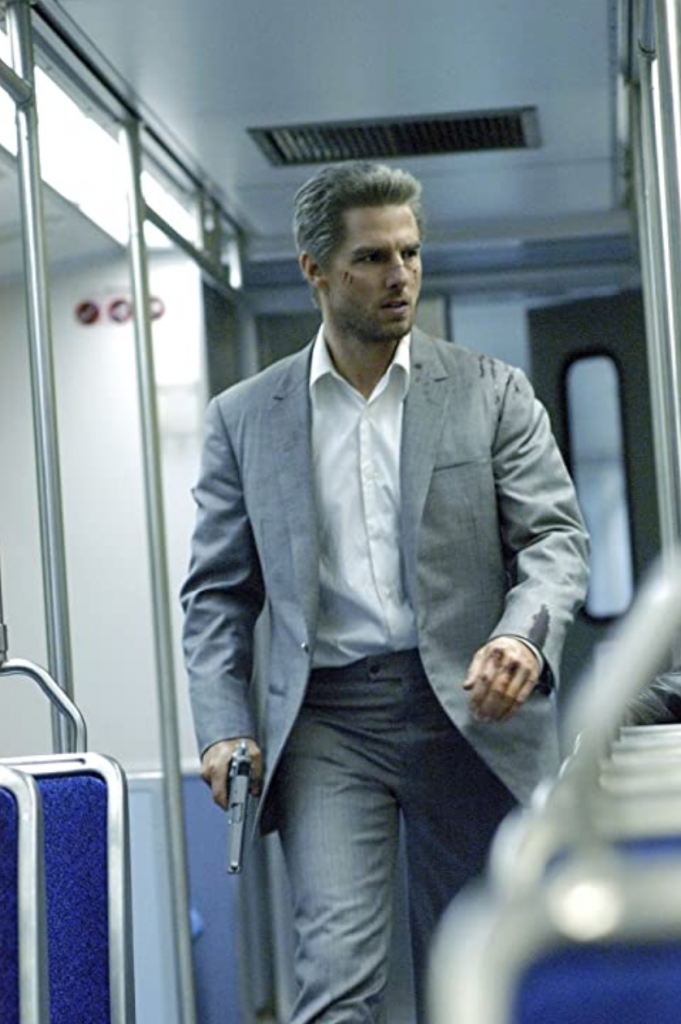
During the final chase on the subway train, Vincent seemingly has Max cornered as he calls out “Max, I do this for a living.” This arrogant declaration is meant to instill fear in Max, but it doesn’t. It empowers him. What Vincent is proven is that he can’t break free of his profession and his routine. His trademark kill shot is shooting his targets twice in the sternum and once in the head, which he does whilst aiming at Max. The only problem is that the train car door takes those bullets, and Max steps to the side. He improvises and does things his unique way, and from a thematic standpoint, his individuality saves the day.
Michael Mann’s nightclub/crime den iconography is apparent in this film, but they evoke a different feeling in this one. As opposed to his other films, Collateral uses these locales to highlight the inability to form lasting relationships in such dispassionate places. The nightclub action sequence rivals Heat’s midpoint shootout in terms of what only Mann can do within the genre. The thing that stands out about it is how little Vincent acknowledges where he is. The way the camera lingers on his cold gaze, coupled with Cruise’s lifeless focus on his target offers the counter point to Max’s pathology. Vincent can’t even see the other people around him, only his singular pursuit of excellence in his craft. One could say the same about the people of the city he is working in, or any city for that matter.
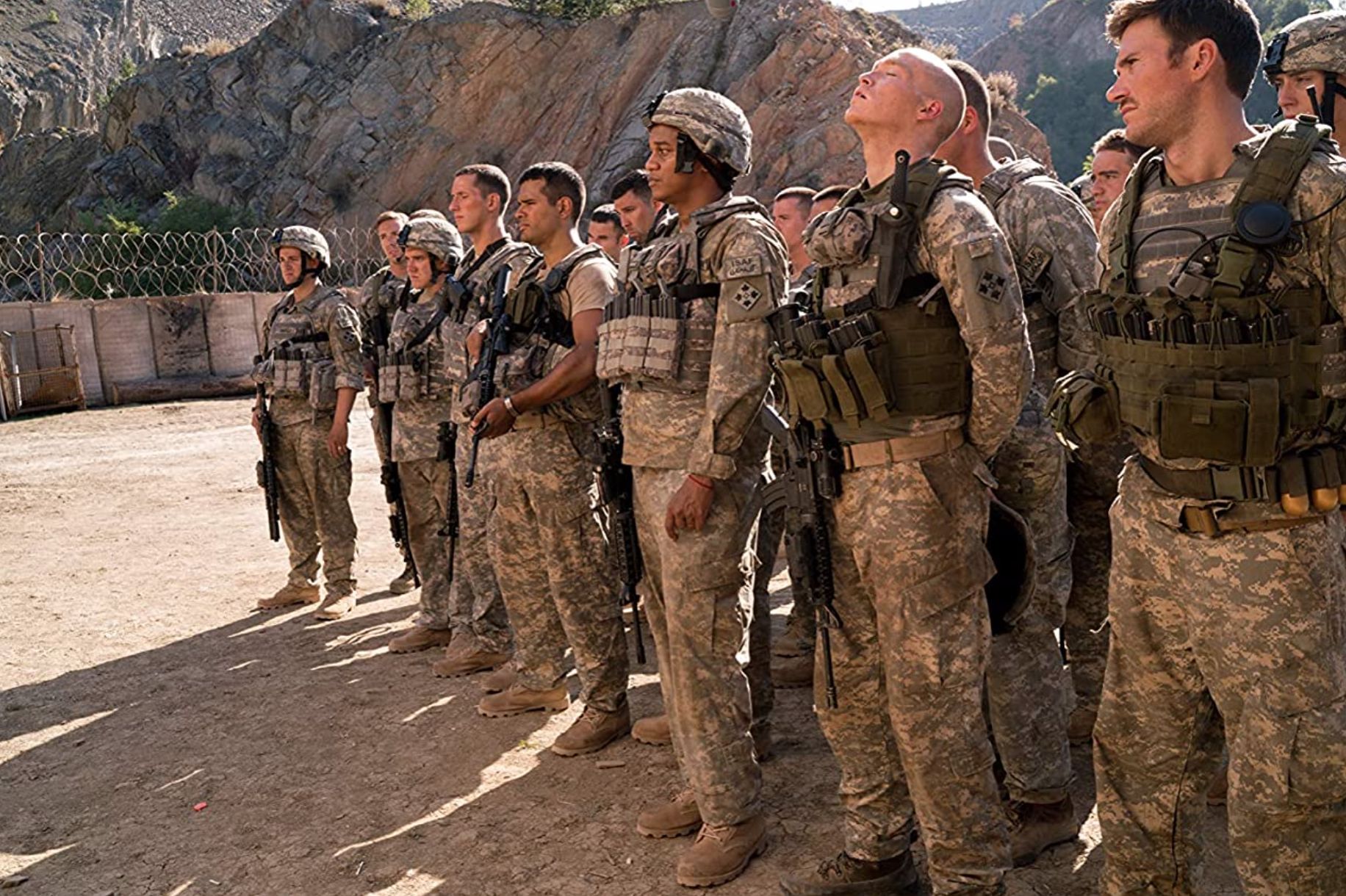

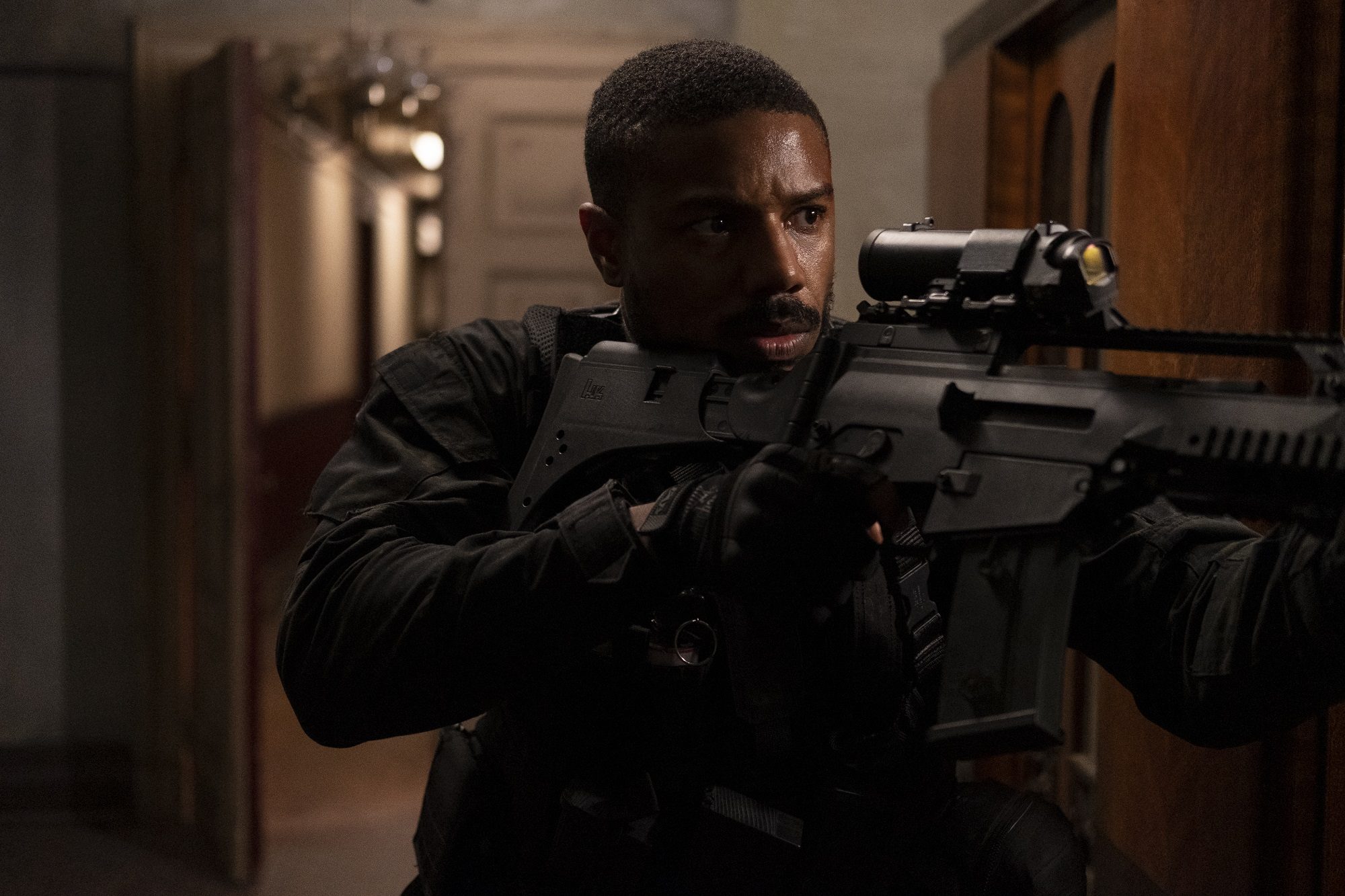
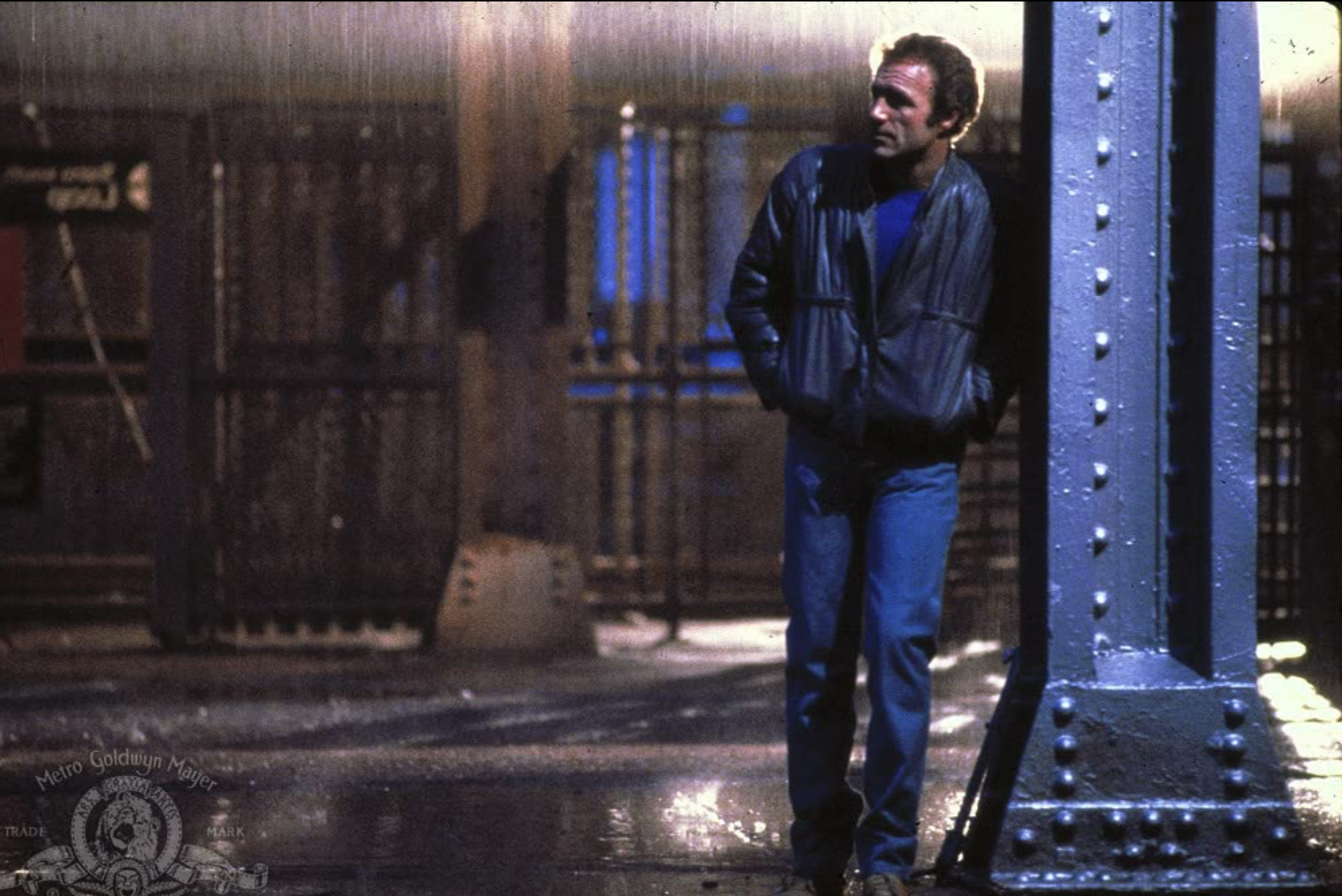
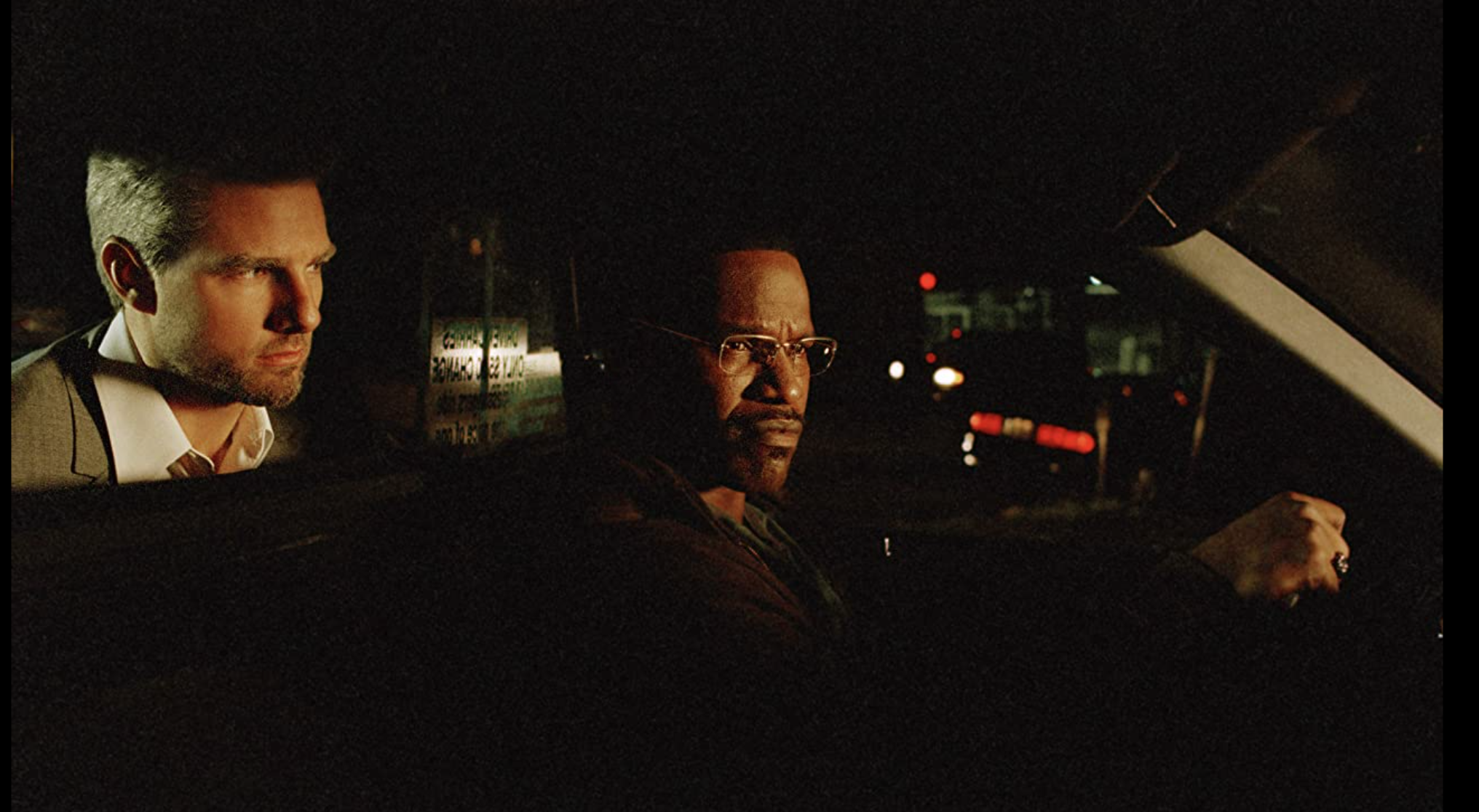
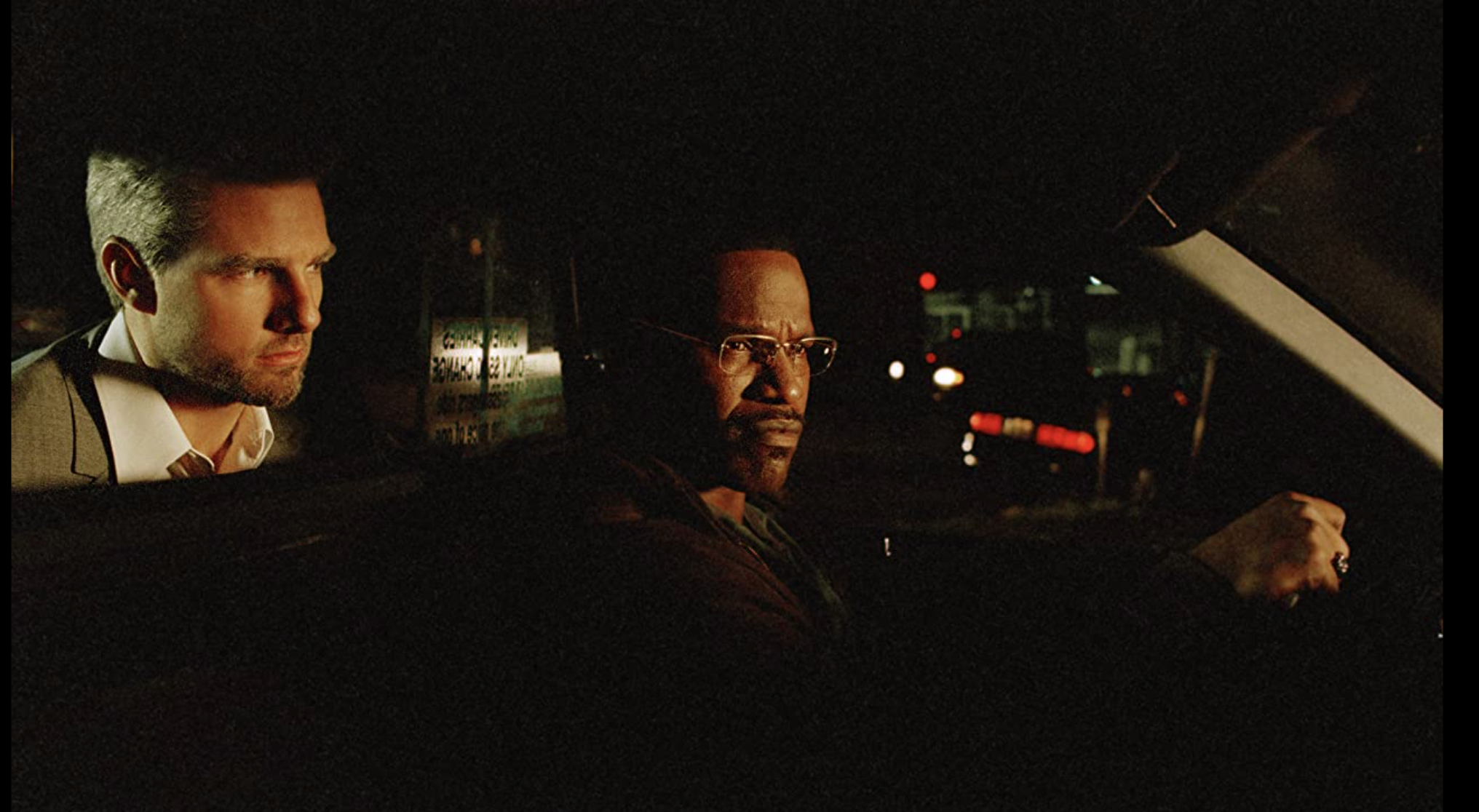
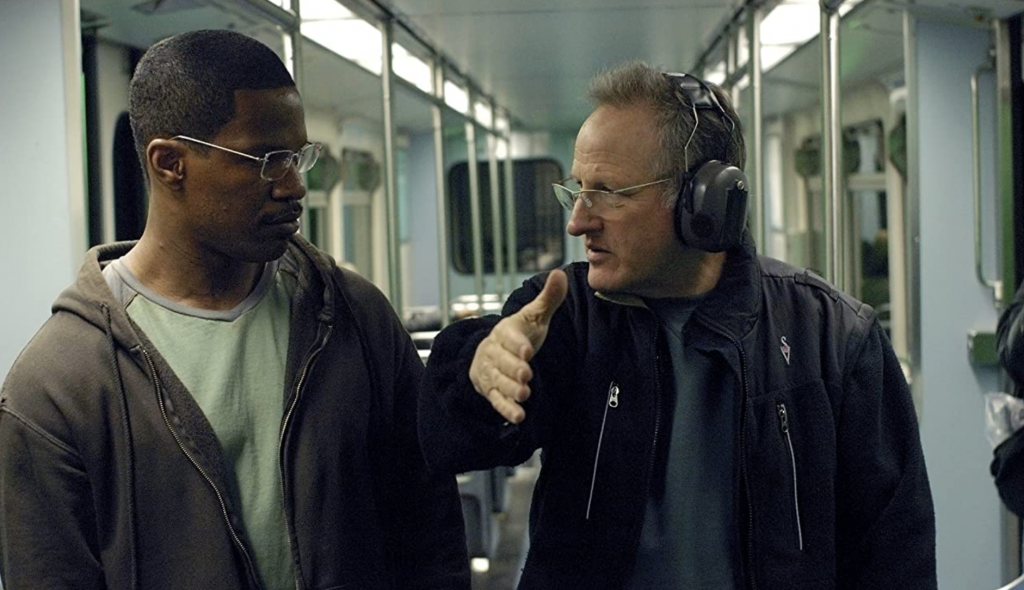
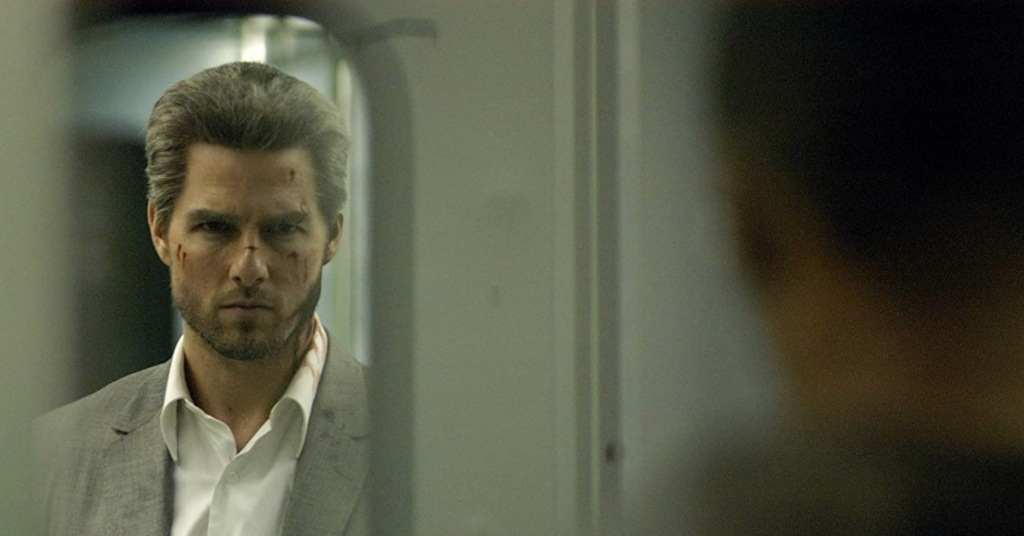
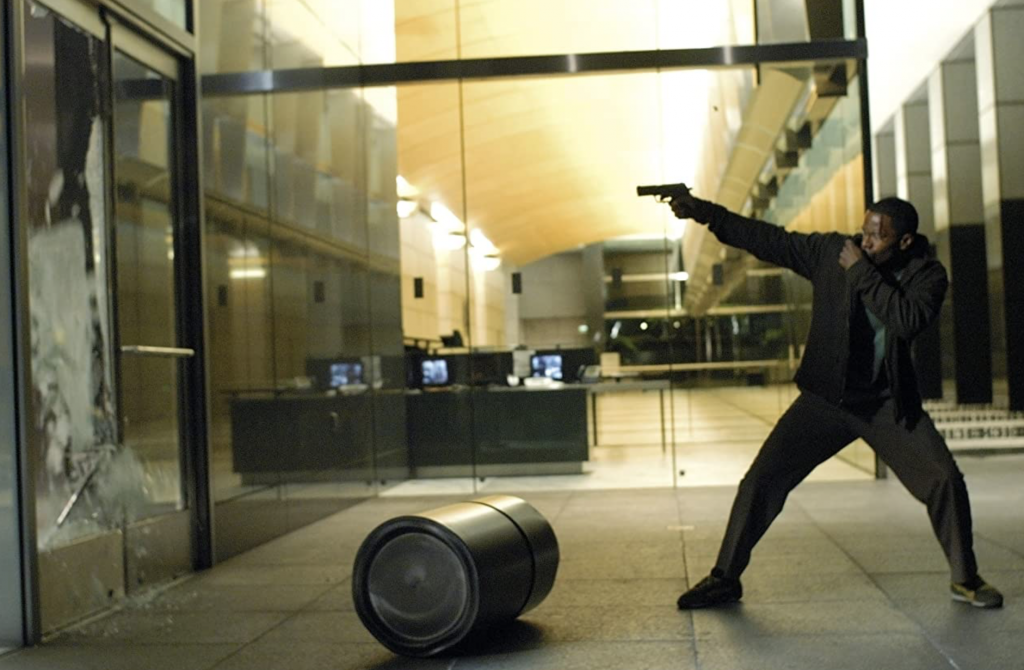
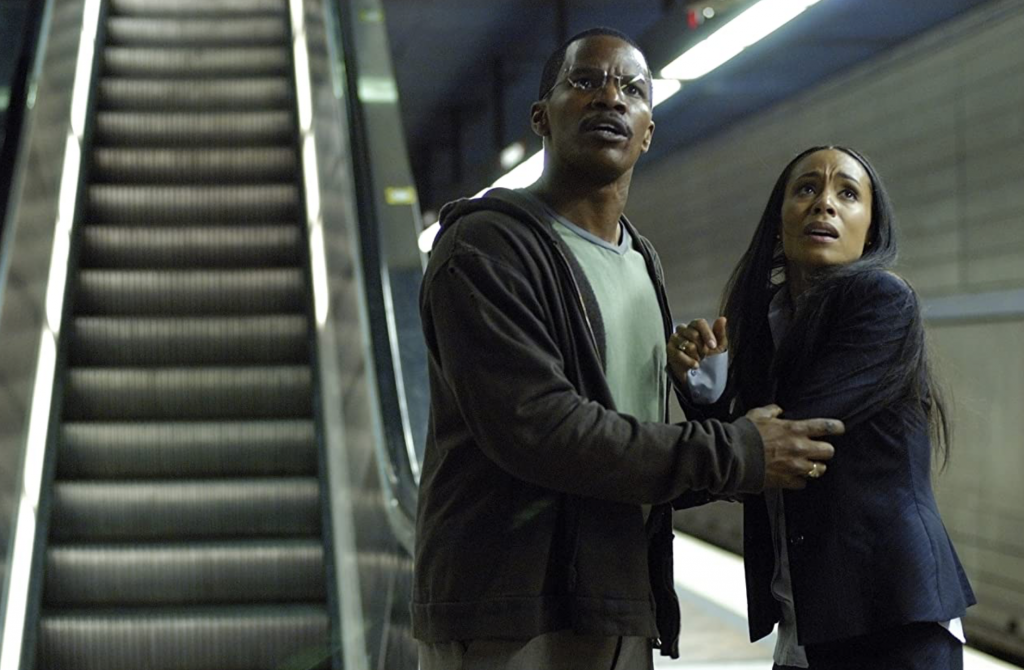
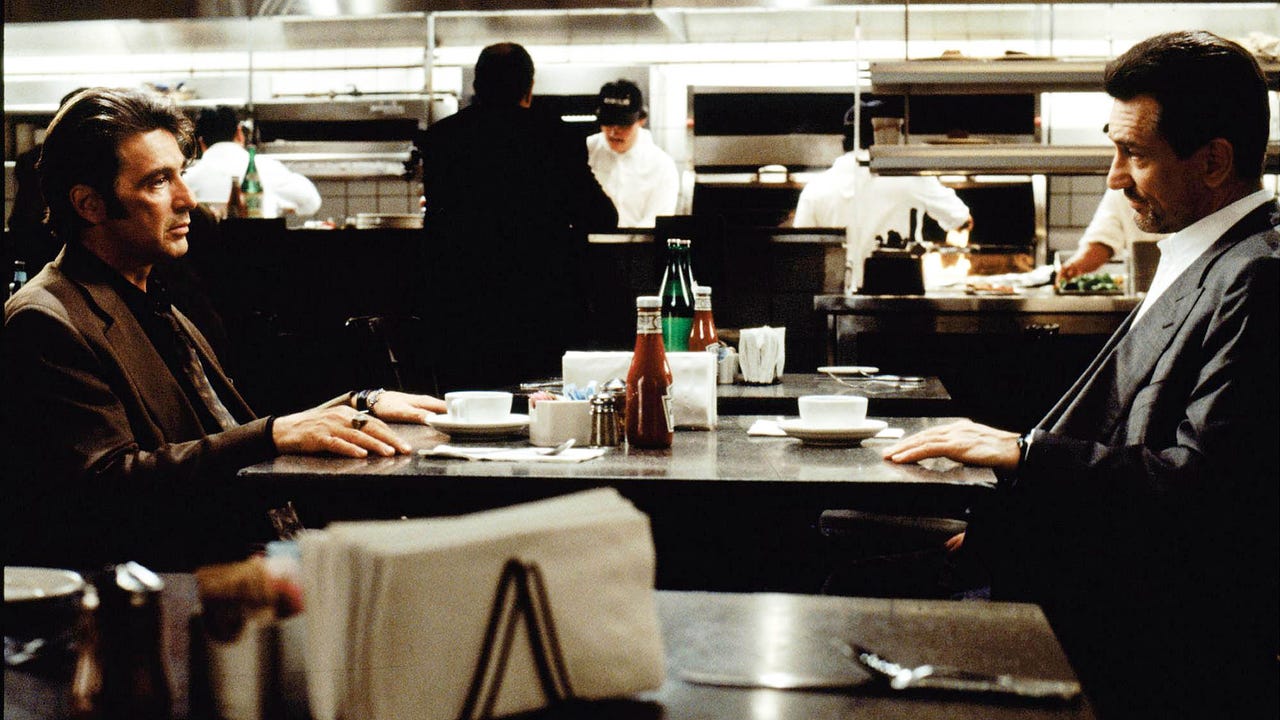
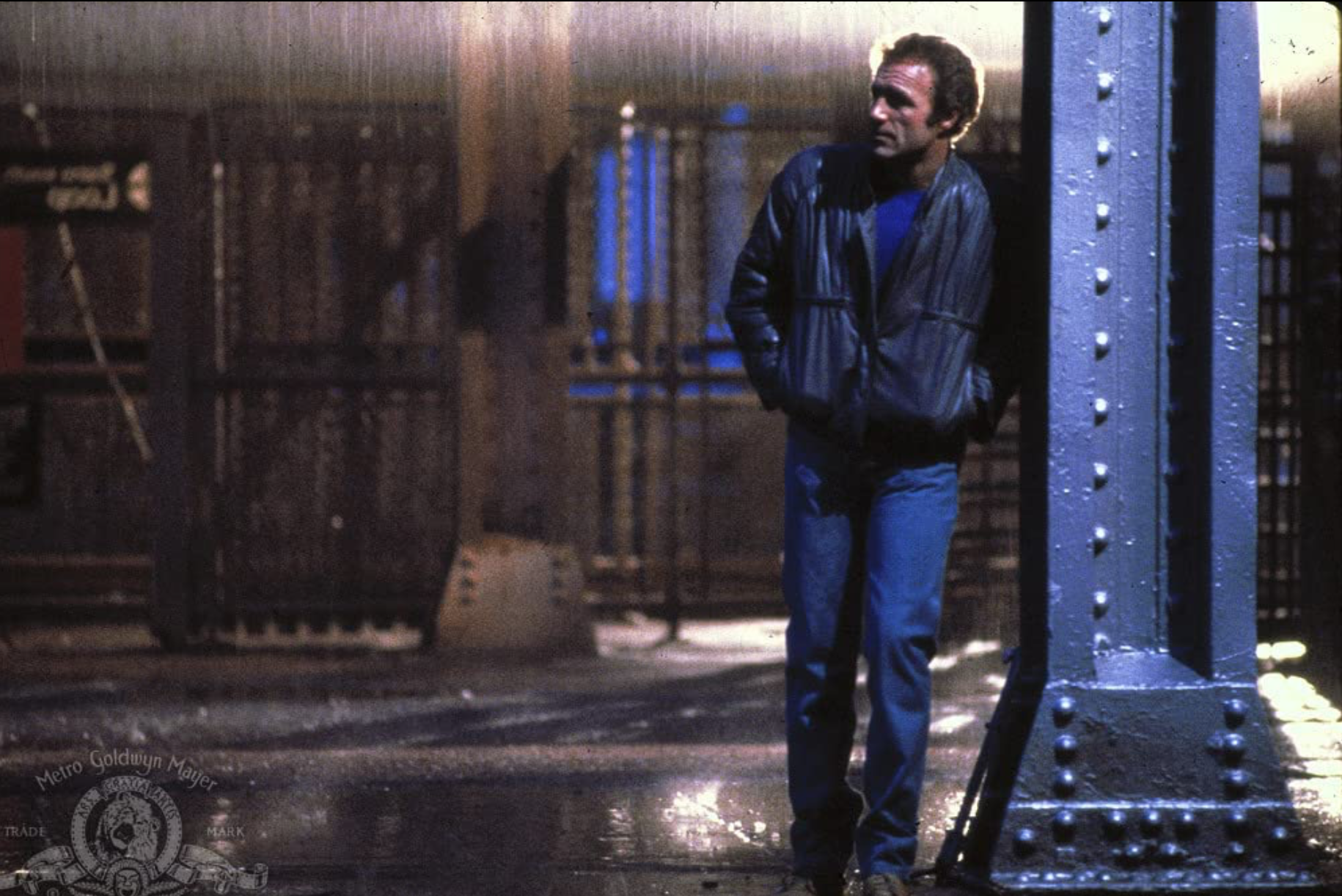
Comments